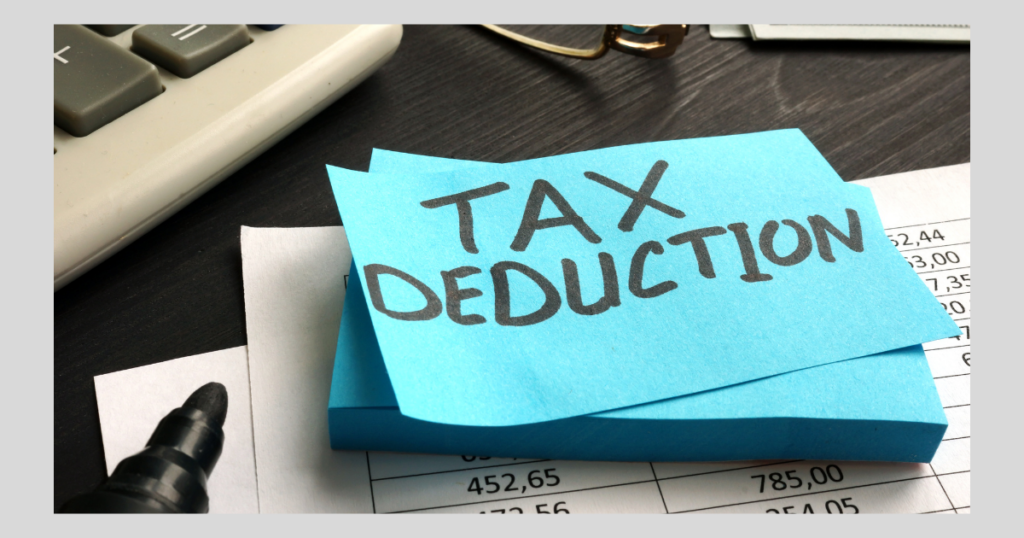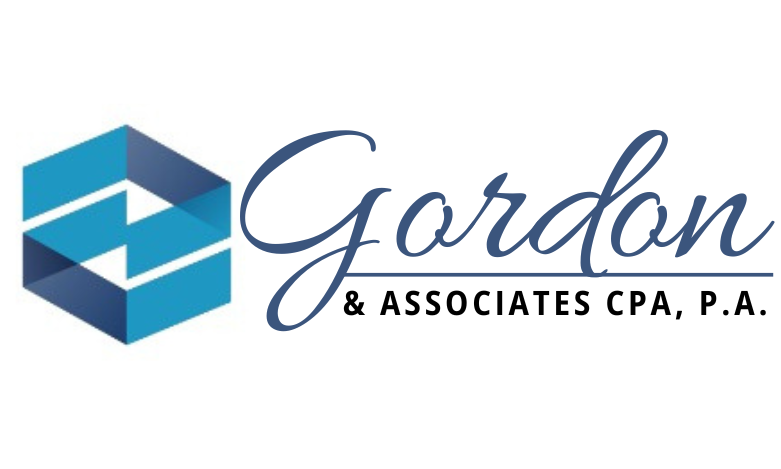Top 5 Tax Deductions Every Small Business
Owner Should Know About

As a small business owner, saving money where you can is vital for maintaining cash flow and growing your business. One of the best ways to achieve this is by taking advantage of tax deductions. These deductions can reduce your taxable income, saving you thousands of dollars each year. In this guide, we’ll cover the top 5 tax deductions every small business owner should know about and how to document them properly.
1. Home Office Deduction
If you use part of your home exclusively for business, you may qualify for a home office deduction. This includes expenses like rent, utilities, and repairs for the portion of your home used for work.
What You Can Deduct:
- Mortgage interest or rent
- Utilities (electricity, water, internet)
- Maintenance and repairs for the office space
Tip: Use the IRS simplified option to calculate your deduction if you don’t want to track exact expenses. This method allows a deduction of $5 per square foot of office space, up to 300 square feet.
2. Business Vehicle Expenses
If you use a car for business purposes, you can deduct related expenses, such as mileage, gas, insurance, and maintenance.
What You Can Deduct:
- Mileage (use the IRS standard rate or actual expenses)
- Depreciation
- Repairs and maintenance
Tip: Keep detailed records of business-related mileage, including dates, purpose of trips, and odometer readings.
3. Employee Salaries and Benefits
Wages paid to employees, including bonuses and commissions, are tax-deductible. Additionally, contributions to employee benefits like health insurance and retirement plans are also deductible.
What You Can Deduct:
- Salaries, wages, and bonuses
- Employer-paid health insurance premiums
- Retirement contributions for employees
Tip: Ensure all employees are correctly classified as either employees or independent contractors to avoid IRS penalties.
4. Equipment and Supplies
Purchases of equipment and supplies essential to running your business are deductible. This includes everything from office furniture to specialized machinery.
What You Can Deduct:
- Computers, printers, and software
- Office supplies like paper, pens, and postage
- Equipment under Section 179, which allows you to deduct the full cost in the year of purchase
Tip: Save receipts and invoices for all purchases and record them in your accounting software.
5. Professional Services and Fees
If you hire professionals to support your business, such as accountants, attorneys, or consultants, their fees are fully deductible.
What You Can Deduct:
- Accounting and bookkeeping services
- Legal fees related to your business
- Marketing and advertising consultants
Tip: Include these costs in your annual financial reports for better tracking and tax planning.
Conclusion
Understanding and leveraging tax deductions can save your business money and help you reinvest in growth. By keeping accurate records and consulting with a tax professional, you can ensure you’re maximizing your deductions while staying compliant with IRS regulations. Need help navigating deductions for your business? Contact us today to make tax season stress-free!
Subscribe to our newsletter to receive our latest blog directly to your inbox.




